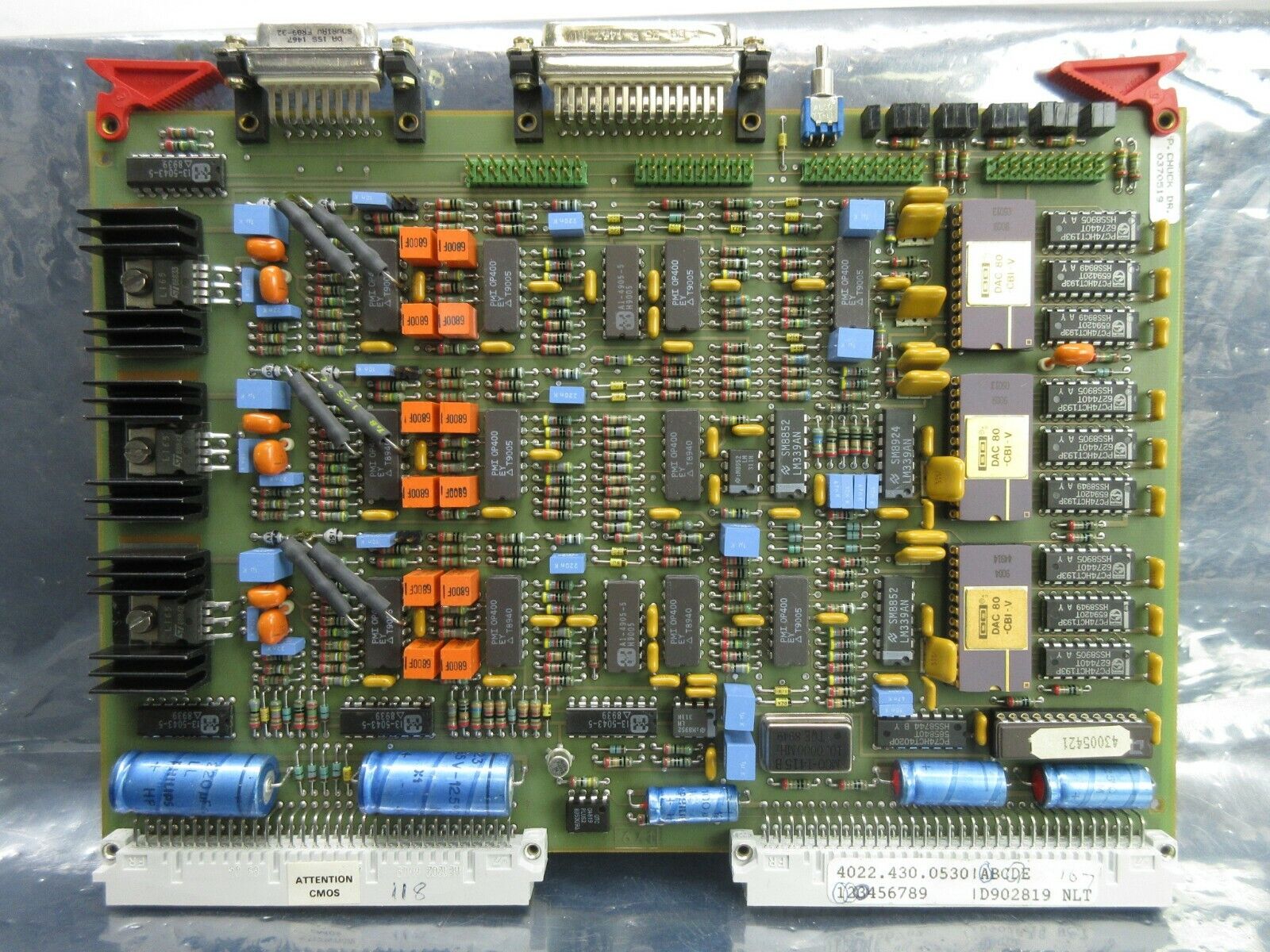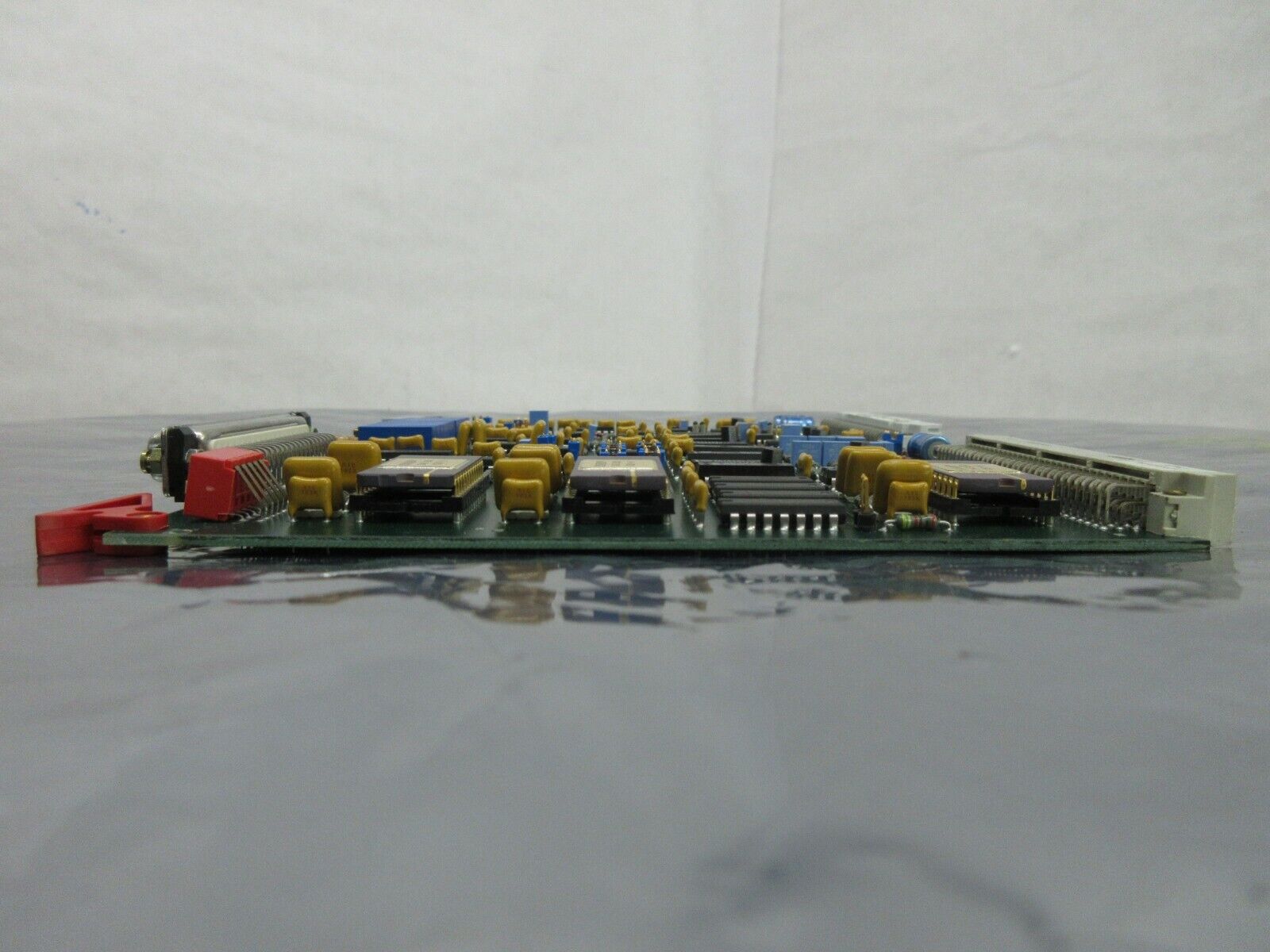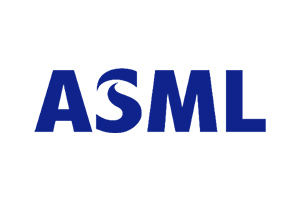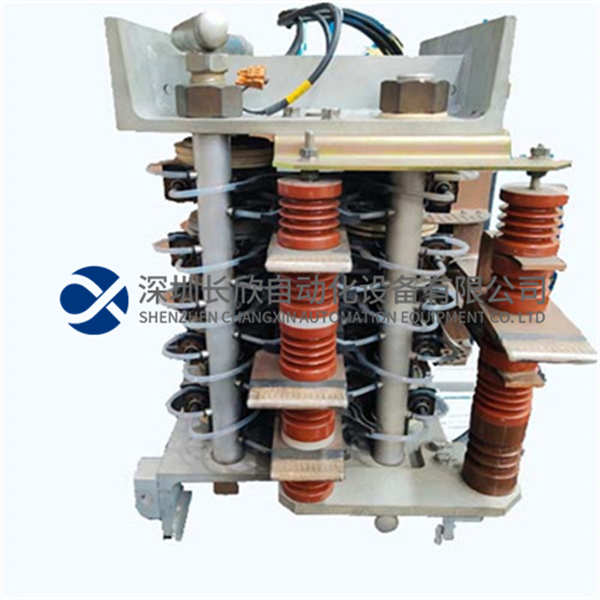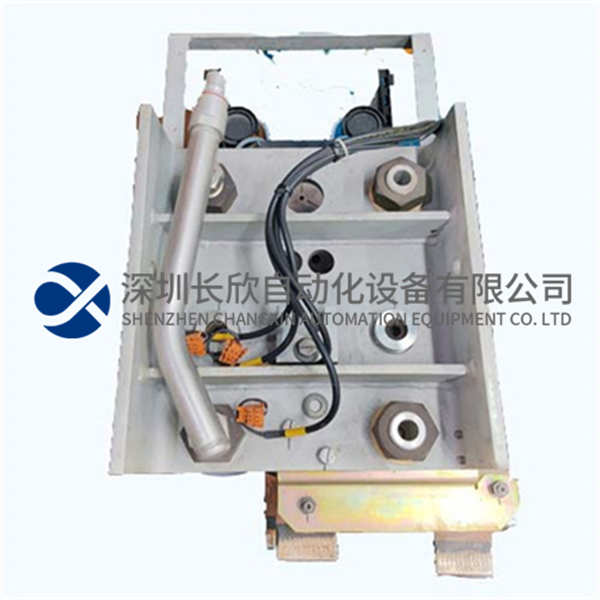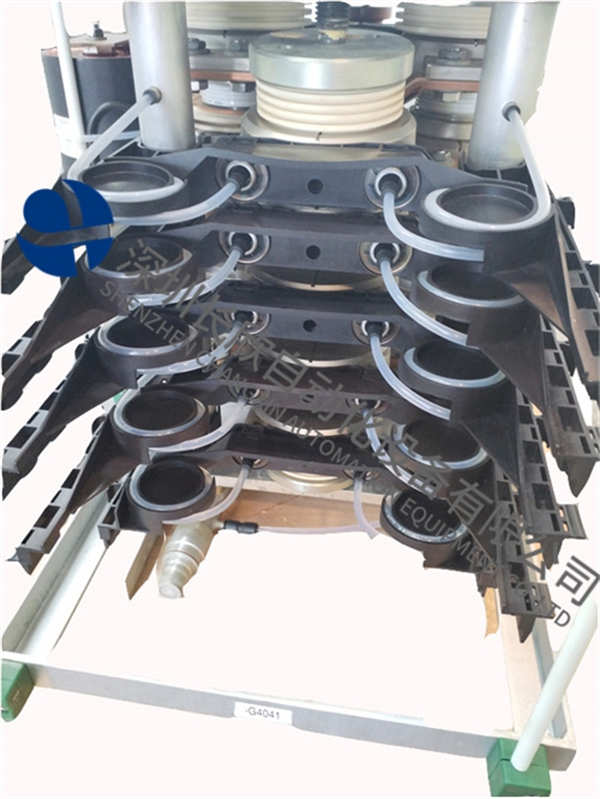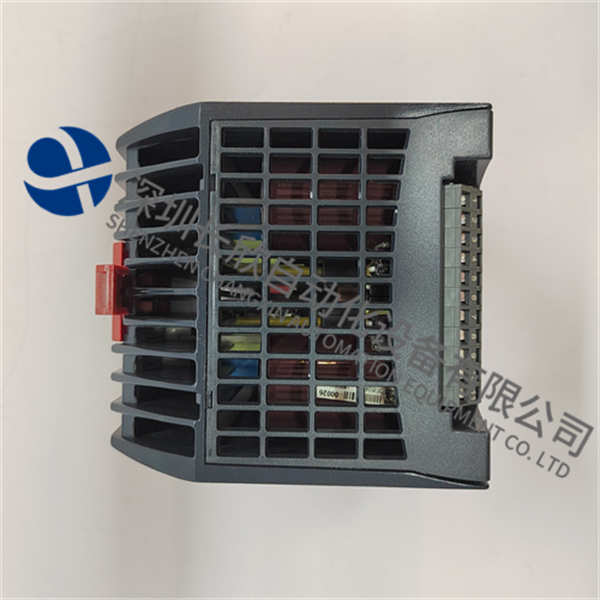描述
产品简要说明
ASML 4022.430.05291是ASML专为下一代EUV光刻机设计的极紫外激光源模块,核心特性包括:
亚埃级波长稳定性:输出波长漂移≤0.03nm(RMS),光谱带宽≤1.2nm(FWHM)。
高功率密度输出:单脉冲能量≥1mJ,重复频率≥5kHz,功率密度≥10^12 W/cm²。
智能热管理:液氦冷却系统实现腔体温度波动≤0.01℃,热形变误差≤0.02nm。
产品详细说明
1.技术架构与核心功能
超快激光生成系统:
钛宝石晶体放大器:采用双程放大结构,增益介质尺寸≥50mm×50mm,损伤阈值≥10^14 W/cm²。
非线性晶体转换:LBO(LiB3O5)晶体实现1064nm→532nm→266nm→13.5nm四阶倍频转换,转换效率≥12%。
光学谐振腔设计:
双曲面高反镜(HR)与输出镜(OC)构成稳定腔体,镜面粗糙度≤0.1nm RMS。
自适应腔长控制算法,动态补偿热形变导致的腔长漂移(补偿精度≤0.01nm)。
智能控制系统:
基于FPGA的实时波长监控系统,检测灵敏度≥0.001nm。
多物理场耦合仿真模型(温度-应力-光学场),预测输出功率波动≤0.5%。
2.性能突破
极端环境适应性:
真空环境(<1e-7 mbar)下光束发散角≤0.5mrad,功率衰减率≤0.1%/小时。
超低温(-196℃)下晶体热应力形变≤0.01nm。
抗干扰能力:
电磁屏蔽等级EMI 70dB,振动敏感度≤0.01nm/μm/s²。
长寿命设计:
晶体疲劳寿命≥1e10次脉冲,冷却系统循环效率≥95%。
技术规格:ASML 4022.430.05291
参数项规格描述
输出波长13.5nm±0.03nm(RMS)
单脉冲能量≥1mJ( 5kHz重复频率)
光束质量M²因子≤1.2,发散角≤0.5mrad
环境耐受性真空度<1e-7 mbar,温度范围-196℃~+80℃
热管理效率液氦冷却速率≥500W,温度波动≤0.01℃
核心价值与性能亮点
1.先进制程适配
3nm以下制程支持:单次曝光能量密度≥50mJ/cm²,支持逻辑芯片鳍片间距≤3nm。
多层堆叠兼容:适配3D NAND闪存的24层堆叠工艺,层间对准误差≤0.01nm。
2.工业级可靠性
故障自恢复:双冗余激光源切换系统,单点故障恢复时间≤200ms。
寿命预测模型:基于机器学习的晶体退化监测,提前预警剩余寿命≥90%。
3.生态协同创新
ASML NXE 4000B适配:专为3nm EUV光刻机设计,兼容其新型激光传输接口(LTI 5.0)。
未来升级预留:支持2nm制程所需的更高重复频率(≥10kHz)扩展接口。
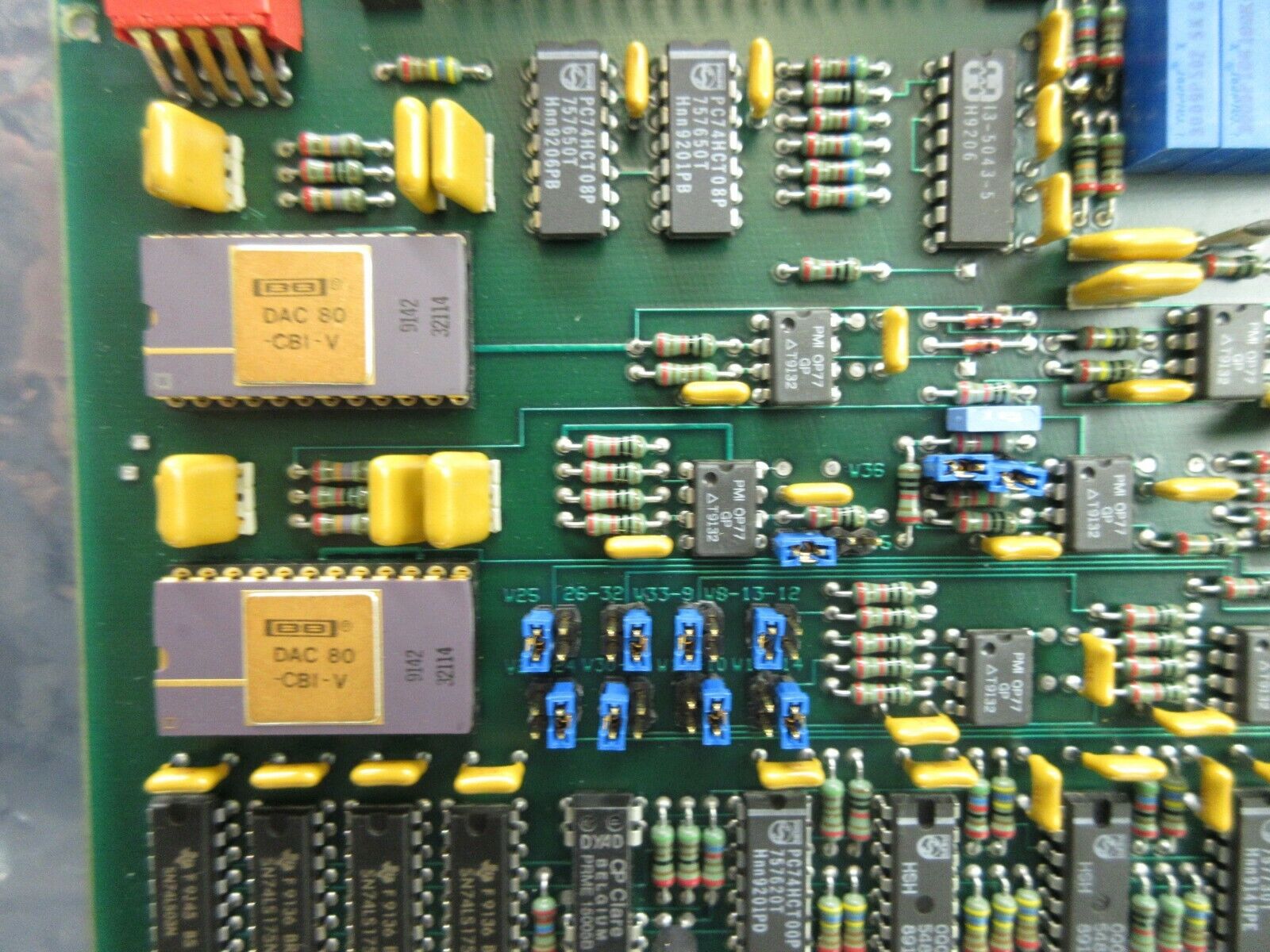
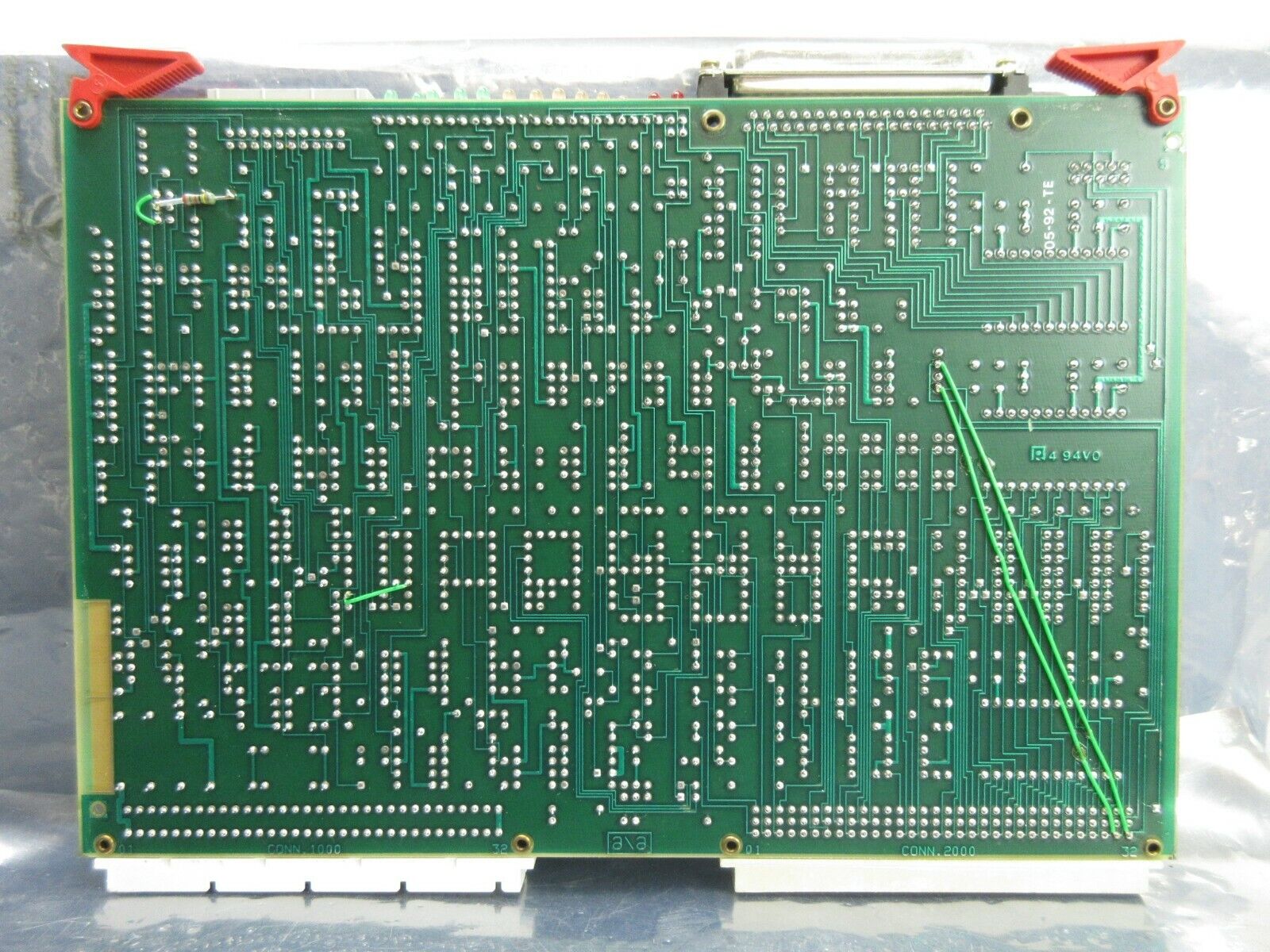
Product brief description
ASML 4022.430.05291 is an extreme ultraviolet laser source module designed by ASML for the next generation of EUV lithography machines.The core features include:
Subanger-anger-level wavelength stability:output wavelength drift≤0.03nm(RMS),spectral bandwidth≤1.2nm(FWHM).
High power density output:single pulse energy≥1mJ,repetition frequency≥5kHz,power density≥10^12 W/cm².
Intelligent thermal management:The liquid helium cooling system achieves cavity temperature fluctuations of≤0.01℃and thermal deformation errors of≤0.02nm.
Product details
1.Technical architecture and core functions
Ultrafast laser generation system:
Titanium Gem Stone Crystal Amplifier:adopts a two-way amplification structure,with a gain medium size≥50mm×50mm,and a damage threshold≥10^14 W/cm².
Nonlinear crystal conversion:LBO(LiB3O5)crystal realizes fourth-order frequency multiplication conversion of 1064nm→532nm→266nm→13.5nm,with a conversion efficiency of≥12%.
Optical resonant cavity design:
Hyperbolic high mirror(HR)and output mirror(OC)form a stable cavity,with a mirror roughness of≤0.1nm RMS.
Adaptive cavity length control algorithm dynamically compensates for cavity length drift caused by thermal deformation(compensation accuracy≤0.01nm).
Intelligent control system:
Real-time wavelength monitoring system based on FPGA,detection sensitivity≥0.001nm.
Multi-physics field coupled simulation model(temperature-stress-optical field),predicted output power fluctuation≤0.5%.
2.Performance breakthrough
Extreme environmental adaptability:
The beam divergence angle is≤0.5mrad under vacuum environment(<1e-7 mbar),and the power attenuation rate is≤0.1%/hour.
The thermal stress deformation of the crystal at ultra-low temperature(-196℃)is≤0.01nm.
Anti-interference ability:
Electromagnetic shielding level EMI 70dB,vibration sensitivity≤0.01nm/μm/s².
Long life design:
The fatigue life of the crystal is≥1e10 pulses,and the circulation efficiency of the cooling system is≥95%.
Technical specifications:ASML 4022.430.05291
Parameters Specification Description
Output wavelength:13.5nm±0.03nm(RMS)
Single pulse energy≥1mJ( 5kHz repetition frequency)
Beam mass M²factor≤1.2,divergence angle≤0.5mrad
Environmental tolerance Vacuum degree<1e-7 mbar,temperature range-196℃~+80℃
Thermal management efficiency:Liquid helium cooling rate≥500W,temperature fluctuation≤0.01℃
Core Valuesand Performance Highlights
1.Advanced process adaptation
The following 3nm process supports:single exposure energy density≥50mJ/cm²,and supports logic chip fin spacing≤3nm.
Multi-layer stacking compatibility:adapted to 24-layer stacking process for 3D NAND flash memory,with an inter-layer alignment error of≤0.01nm.
2.Industrial-grade reliability
Self-recovery of faults:Dual redundant laser source switching system,single point failure recovery time≤200ms.
Life expectation model:Crystal degradation monitoring based on machine learning,with early warning of the remaining life span≥90%.
3.Ecological collaborative innovation
ASML NXE 4000B adaptation:designed for 3nm EUV lithography machines,compatible with its new laser transmission interface(LTI 5.0).
Future upgrade reservation:Supports the extended interface of higher repetition frequency(≥10kHz)required for the 2nm process.

